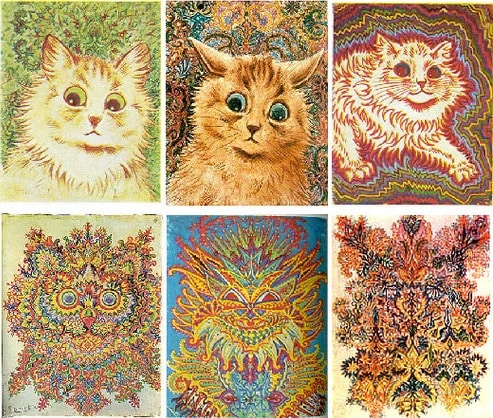Can cat litter cause an individual to develop a cognitive condition? According to a new study published by neuroscience journal, Glia — it’s possible. Cognitive Science Researcher, Dr. Ileana Berman taps into the study that links a parasite found in cat litter to the development of schizophrenia.
Each year, researchers around the world conduct studies that dive into the inner workings of cognitive science. Many of these studies reveal new symptoms and causes of various cognitive conditions. This proves instrumental in providing afflicted patients with improved care options. These studies also assist cognitive science researchers in better understanding cognitive conditions overall.

In the March 2020 issue of Glia, a peer-reviewed scientific journal, a new study claims that a toxoplasma gondii parasite can affect the brain’s inhibitory neurons. In effect, these changes to the brain are being linked to a variety of cognitive conditions. Sudden mood disorders, seizures and schizophrenia are among the conditions discussed. The parasite is also believed to impact individuals in a way that targets the immune system. Disruption of regulated flow of ions due to the parasite’s attack on important neurons is largely to blame. This interaction then sparks the development of chronic infections which, in effect, result in the development of different cognitive conditions. While schizophrenia is often discussed as a genetic and hereditary condition, this new study opens up understanding on what might cause the disorder to develop in an individual.
Perhaps most surprising about this cognitive science breakthrough isn’t the parasite’s effects — but rather, the presence of this parasite. Toxoplasma gondii is commonly found in cat litter, farm animals and undercooked meat. While cognitive science researchers do not currently believe that the parasite is the primary cause of schizophrenia, it is interesting to see that a new potential cause has been uncovered.
Parasite Found in Cat Litter Linked to Cognitive Conditions
